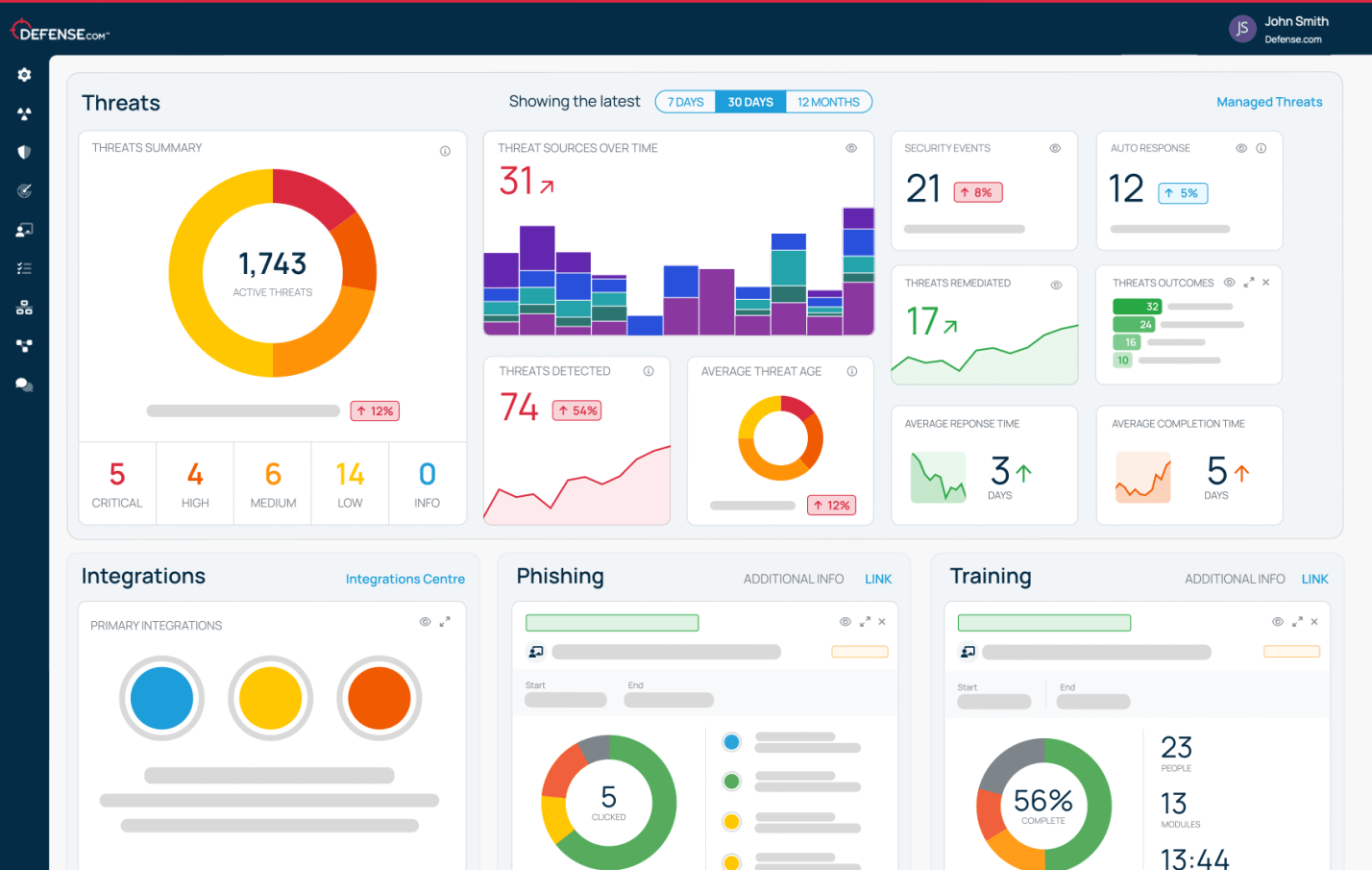Stay compliant
Comply with data protection regulations such as the GDPR and fulfill information security requests.
Manage your data protection obligations cost-effectively with an outsourced Data Protection Officer.
Get a quoteComply with data protection regulations such as the GDPR and fulfill information security requests.
Avoid data breaches, reputational damage and financial repercussions from non-compliance.
Outsourcing is a cost-effective solution that saves on recruitment costs, overheads and holiday cover.
Your dedicated consultant will be an extension of your team and provide expert data protection advice.


Your DPO will help monitor your internal compliance and advise on data protection obligations. They will also be responsible for:
All of our DPOs are certified, providing you with expert advice and support when you need it.


On your first scoping call we’ll work with you to define the requirements, so you’ll only pay for what you need. This is usually purchased as a set number of days per month.
Depending on the size of your organization, we may conduct a Gap Analysis project to define where you currently are in terms of your data protection obligations.
Your DPO will be flexible to your needs, communicating via phone, video calls or emails. You’ll also get a monthly progress call to keep you up to date.

As part of your Outsourced DPO service you’ll also get a Defense.com™ Starter package included for free.
You’ll get access to a range of Threat Management tools to help you identify, prioritize and remediate threats with ease.
Get a quote

Our certified and knowledgeable consultants can help you review and manage your information security processes, no matter the size of your business or industry sector.
Our team of experts have years of experience in many different areas of compliance and data protection, ensuring that you are getting the best possible advice for any scenario your business encounters.
Your Outsourced DPO will become an extension of your team, working closely with you to identify your priorities and create a clear roadmap of activities moving forward.
Find out how an Outsourced DPO can help you manage your data protection obligations.
A Data Protection Officer (DPO) is a role that oversees a company’s processing of personal data of staff, customers or any other data subjects. A DPO will also ensure that this is done in accordance with the relevant data protection laws, such as the General Data Protection Regulation (GDPR).
A DPO effectively acts as a bridge between your company and data subjects, as well as your national regulatory authority. They primarily ensure a reliable and risk assessment strategy is in place to maintain compliance with regulations and protect the rights of data subjects.
A Data Protection Officer (DPO) is the person responsible for:
Outsourcing a data protection officer is more cost-effective than an internal hire, particularly as you only pay for the time you need. You also benefit from access to a wide team of certified GDPR practitioners, data protection professionals and technical experts, rather than limiting your organization to the experience and time of one individual.
The GDPR dictates that you must appoint a DPO if you are a public authority or body, or if you carry out certain types of processing activities such as regular and systematic monitoring of individuals, or large-scale processing of sensitive data.
Although other organizations are not legally required to have a DPO, the ICO recommends every organization appoints a DPO to comply with the GDPR, manage data protection and avoid fines.
Detect cyber threats and improve your security with our managed SIEM service.
Get actionable cyber security advice and insights straight to your inbox.